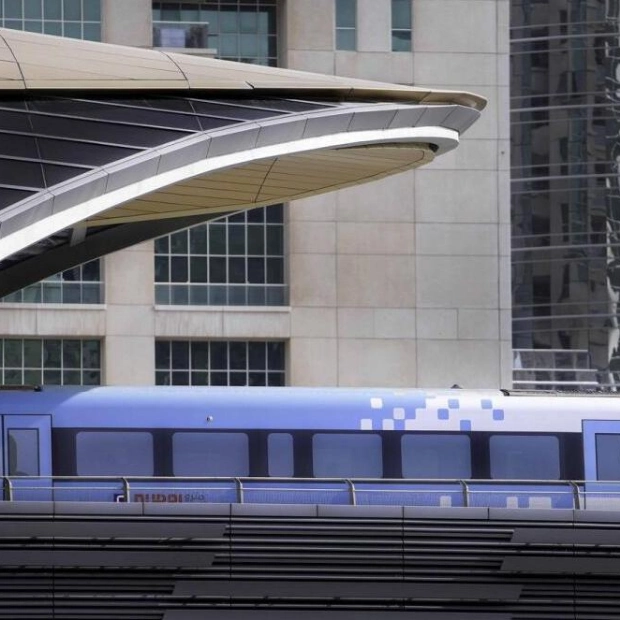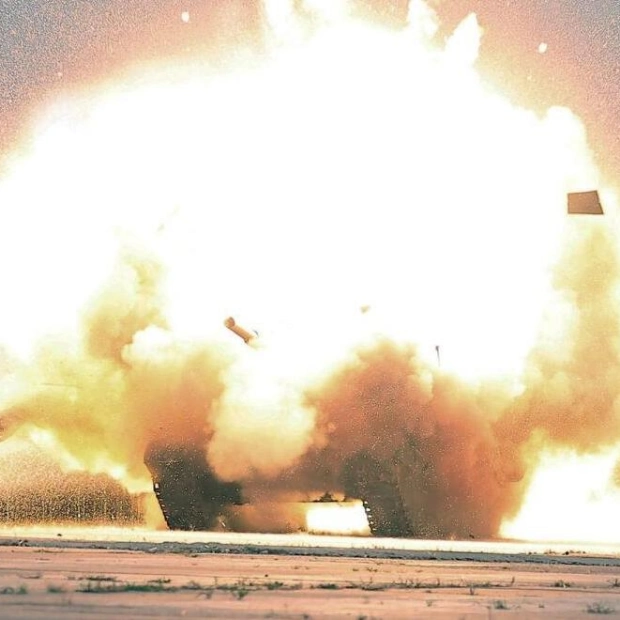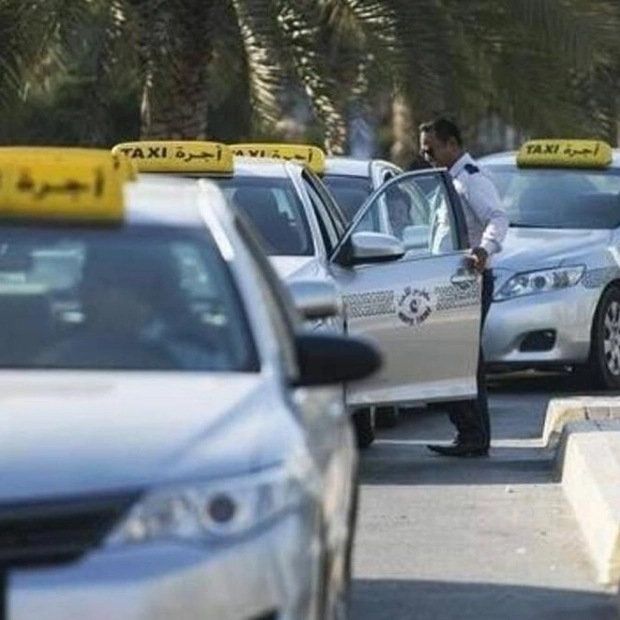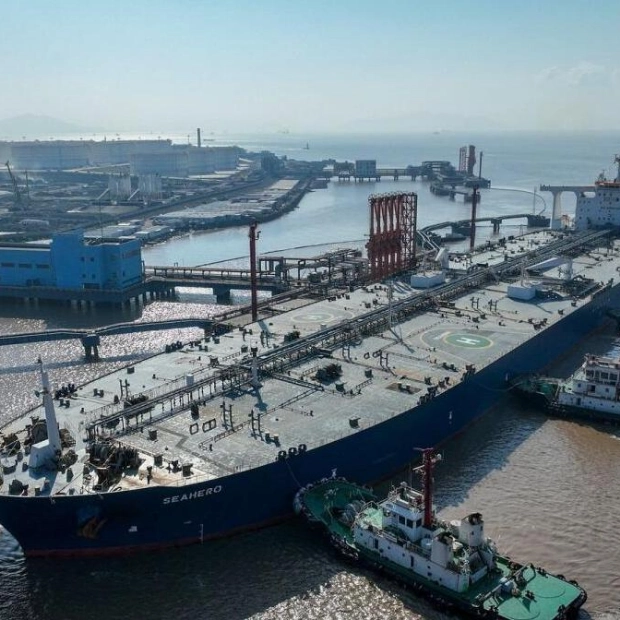Security forces in Laos have apprehended nearly 800 individuals involved in a cyber scam network operating within a dubious 'special economic zone' near the borders of Myanmar and Thailand, as reported by local media. The Golden Triangle Special Economic Zone (SEZ), situated in Laos' Bokeo province, is known for its numerous Chinese-owned casinos and hotels and has recently been identified as a potential hotspot for illicit activities. This recent crackdown is part of a broader initiative to eradicate transnational criminal activities within the SEZ, according to Laotian media. On August 12, authorities successfully dismantled the online fraud ring, detaining a total of 771 individuals, as reported by the Laotian Times this week. The arrests included 489 men and 282 women from 15 different nationalities, underlining the operation's international scope. This operation was deemed one of the most significant in the region's history, involving extensive cooperation with international security forces, particularly from China. The detainees primarily consisted of individuals from Laos, Myanmar, and China, but also included nationals from Burundi, Colombia, Ethiopia, Georgia, India, Indonesia, Mozambique, Tunisia, the Philippines, Uganda, and Vietnam. Following the arrests, Laotian nationals were cautioned and returned to their communities with the assistance of their relatives. The Chinese detainees were transferred to Chinese authorities on August 15, while the remaining foreign nationals were handed over to their respective embassies. This operation follows a previous successful dismantling of a large-scale cyber fraud and human trafficking operation in the SEZ by Vietnamese and Laos police, which resulted in the arrest of 155 Vietnamese nationals involved in sophisticated, cross-border fraudulent activities, according to the official Vietnam News Agency. The SEZ, established in 2007, has experienced a sharp increase in illegal activities, including drug smuggling, gambling, and associated criminal activities, as noted by the Crisis Group in a report last year.
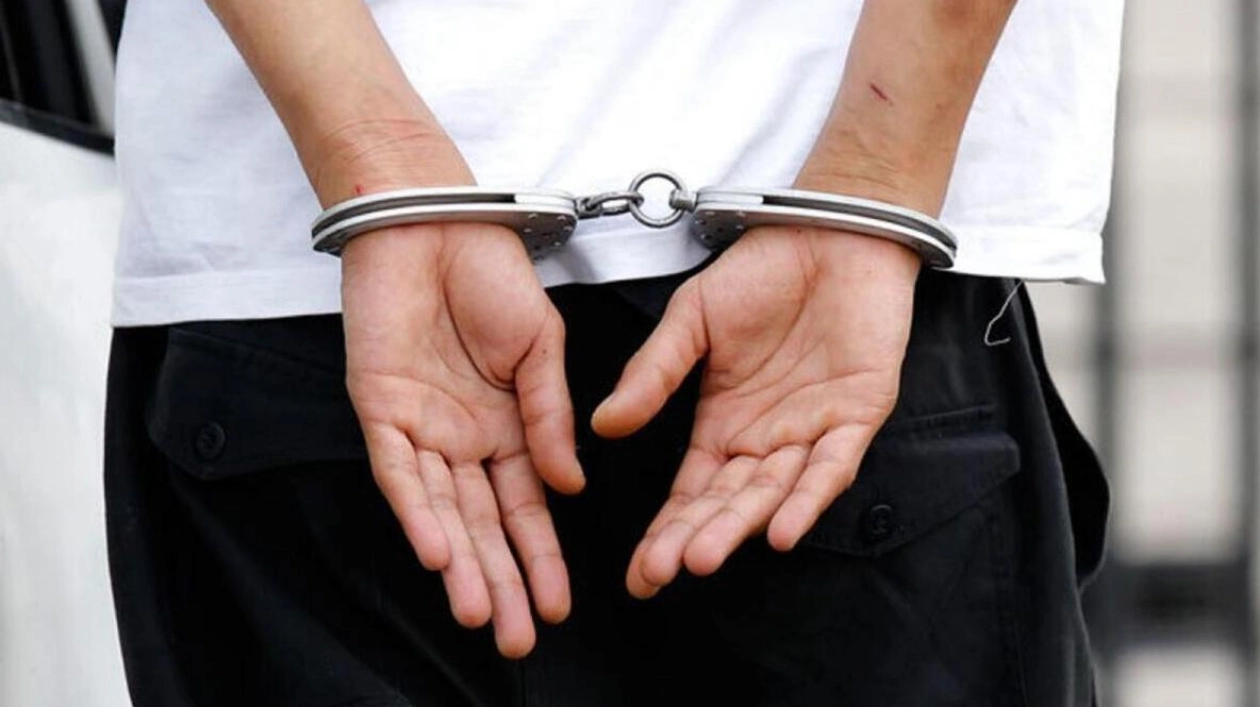
Text: Lara Palmer
22.08.2024
Operation targets illegal activities in Golden Triangle Special Economic Zone

